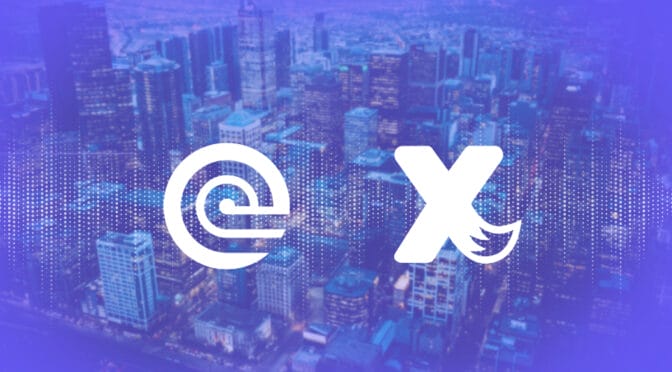When evaluating working with an Employer of Record (EOR) service provider, many recruiters ask the question, “what happens?”. The key to answering this question is to focus on two things to ensure you are prepared to make the decision to work with an EOR or not. Understanding the logistics of the relationship and the outcomes of the relationship are most important to ensuring you can confidently move forward either way. When working with an EOR as a recruiting firm the below are most likely to be true.
Logistics:
- The EOR employs your temporary and contract workers as W2 employees
- The EOR bills your client on your behalf OR they bill you directly
- The EOR provides your candidate with benefits like healthcare, dental, vision, 401K
- You search for candidates as usual
- You sell and bring on new clients as usual
- You communicate with clients and candidates as usual
- You introduce the fact that you use an EOR to both clients and candidates
- Your client pays the EOR directly, then the EOR pays you
Outcomes:
- You stop worrying about ALL types of insurance needs
- Employee benefits
- Workers compensation
- You stop having to coordinate onboarding activities
- You stop having to chase down timesheets and approvals
- You stop worrying about making payroll each week
- You start being able to say “yes” to bigger projects
- You start getting higher quality candidates that want and need benefits
- You start being able to place candidates in all 50 states
- You gain the benefit of the EORs licenses and certifications
Understanding the above is pivotal to making the right decision about working with an EOR. There are a lot of logistical implications and a lot of outcomes to be aware of. We cannot focus on all of them, but let’s review the most important three above.
The EOR is the employer
This seems self explanatory, but let’s dig in a little deeper here. This means that the EOR is responsible for all the employer related duties. Thus they have to provide things like payroll, insurance, benefits, etc. This takes a big burden off of your agency, and allows you to focus your time on other tasks. Additionally, all of the employment risks are the responsibility of the EOR. Those risks include workers compensation, fraud, mis-classification, client non-payment, etc. This can protect mid-size and smaller firms from catastrophic costs and failures, thus giving agencies peace of mind.
You do the recruiting and selling
Many agencies are concerned that using EORs might diminish their brand, or even steal clients and candidates from them. That is a common misconception, but one you should try to understand better. Your role when using an EOR is to find candidates and clients. From there, the EOR can ensure the deal goes smoothly. Your agency is the sales arm of the relationship, or the “front office”. The EOR is the administrator of the relationship, or the “back office”. That said, the EOR will need to communicate with your clients and candidates for things like timesheets, payroll, invoices, and onboarding. This should be the only reasons they communicate with them in normal EOR partnership arrangements. You still maintain the customer relationship from a sales and recruiting perspective.
EORs can help you grow your business
There are multiple ways that EORs are able to help agencies grow. The most common way is to allow direct hire recruiters to offer contract staffing for the first time. They bring a turn key solution to the table that helps them do that. However, EORs can also help larger firms grow through a couple common scenarios. The most common way is to help those types of firms expand geographically. They can help them place in new states or even new countries, thus giving them more opportunities. The other way is to help increase their ability to do larger projects through payroll funding. Having excess cash to pay contractors isn’t always easy to have in large quantities. So EORs can take on that burden for large projects, or once a firm reaches their maximum capacity from a funding perspective. This way they don’t have to say “no” to clients that ask for more candidates.
Once you understand the above, you should be able to feel confident in making a decision about an EOR. Depending on your situation you may find this to be the best fit for you, or you may find it won’t work. Either way, being educated on this model will ensure you are agile and flexible for any situation thrown your way as an agency.





